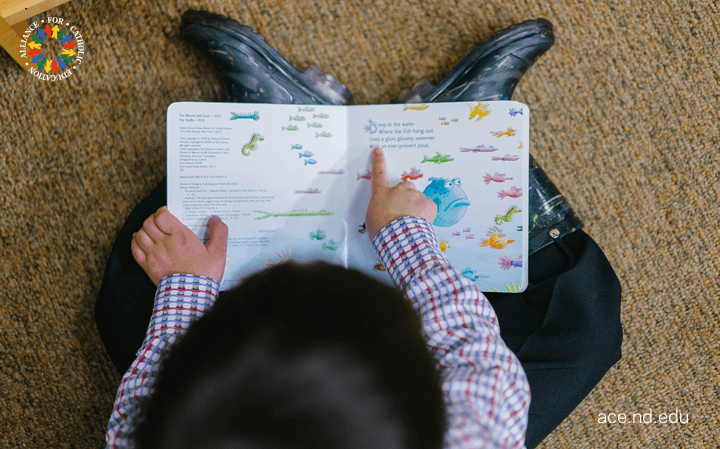I'm taking a course called "Culturally Responsive Teaching," and it's rocking my world. People throw around the phrase "life changing" all too frequently, but this one makes the cut. I moved back into my parents' house this year, and I can tell you that my family hears a whole lot about the Second Beatitude when I come home from class weeping about the ways we as Americans, both intentionally and unintentionally, hurt the students of color we teach. I am particularly interested in my place in all of this.
We read Geneva Gay's Culturally Responsive Teaching, and she wrote a chapter about caring—what it really means to care for your students. It's not about snapchatting pictures of them doing cute things, or even telling them how much you love them every day, though the latter is definitely important. Gay tells us that it's about refusing to let your kids fail—actually, and not just in theory. CRT teachers are tenacious in their high expectations and "will settle for nothing less than high achievement. Failure is simply unacceptable to them, so they work diligently to see that success for students happens" (Gay, 2018).
"You're a teacher. What you do is beautiful. Make your teaching work for every single one of your beautiful students who look up to you, asking you to see Christ in them.
I realized some of the ways that I was not doing all that I could for my students. I would look at data and blame teachers from previous years or factors that were oh-so-conveniently beyond my control. Many of my students are identified as "high risk" in reading and math according to a benchmark assessment they take at the beginning of the year. In the past, I let this label cloud my expectations for all of my students.
Many of my developing readers also claim to dislike reading. Surprise surprise. (Dispel this myth on day one! You just don't know what you like to read!) Realizing that I needed to do much more for my students, I implemented a simple but powerful reading intervention I use for my kiddos who struggle with reading fluency and confidence, and it has been magical.
Here's the scoop. Pick a text at the student's instructional reading level. Have the student read it aloud once without previewing the text, and record it on a device. Don't listen to it. Throughout the week, have the students reread the text multiple times—chorally, independently, and with a partner. Pair whatever comprehension strategy you are teaching in class to the text. At the end of the week, record the student reading aloud again for one last read. Listen to both recordings with the student, and note the student's improvement in accuracy, rate, and expression. After this, you've sold ‘em! I also suggest regularly discussing stamina and sending these videos to parents to include them in the process! The students will be amazed at the improvement, and from there on out you are cooking with fire. Guaranteed or your money back.
Hannah Arendt reminds us that "education is the point at which we decide whether we love the world enough to assume responsibility for it." You're a teacher. What you do is beautiful. Make your teaching work for every single one of your beautiful students who look up to you, asking you to see Christ in them.
 Alliance for Catholic Education
Alliance for Catholic Education
